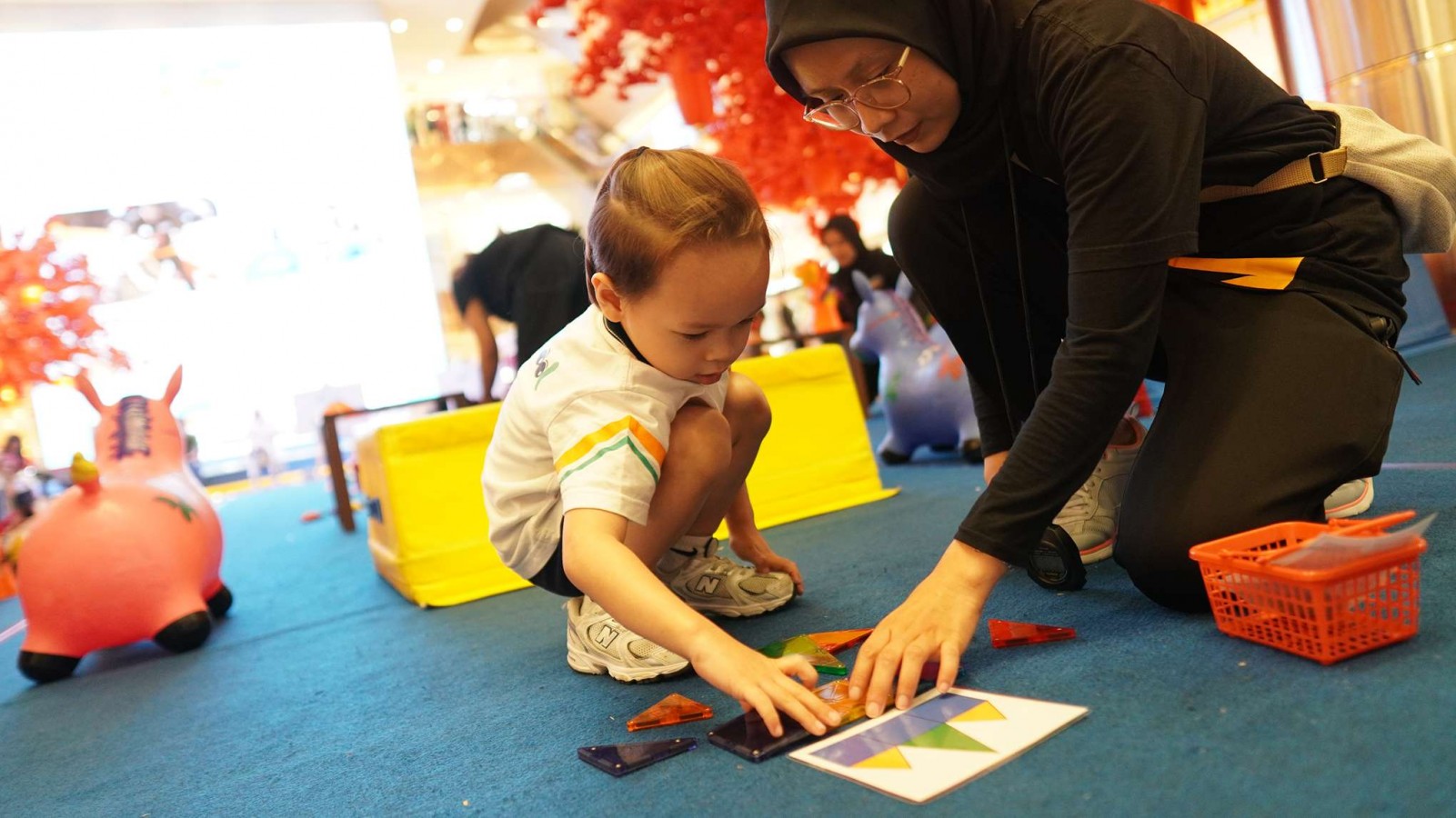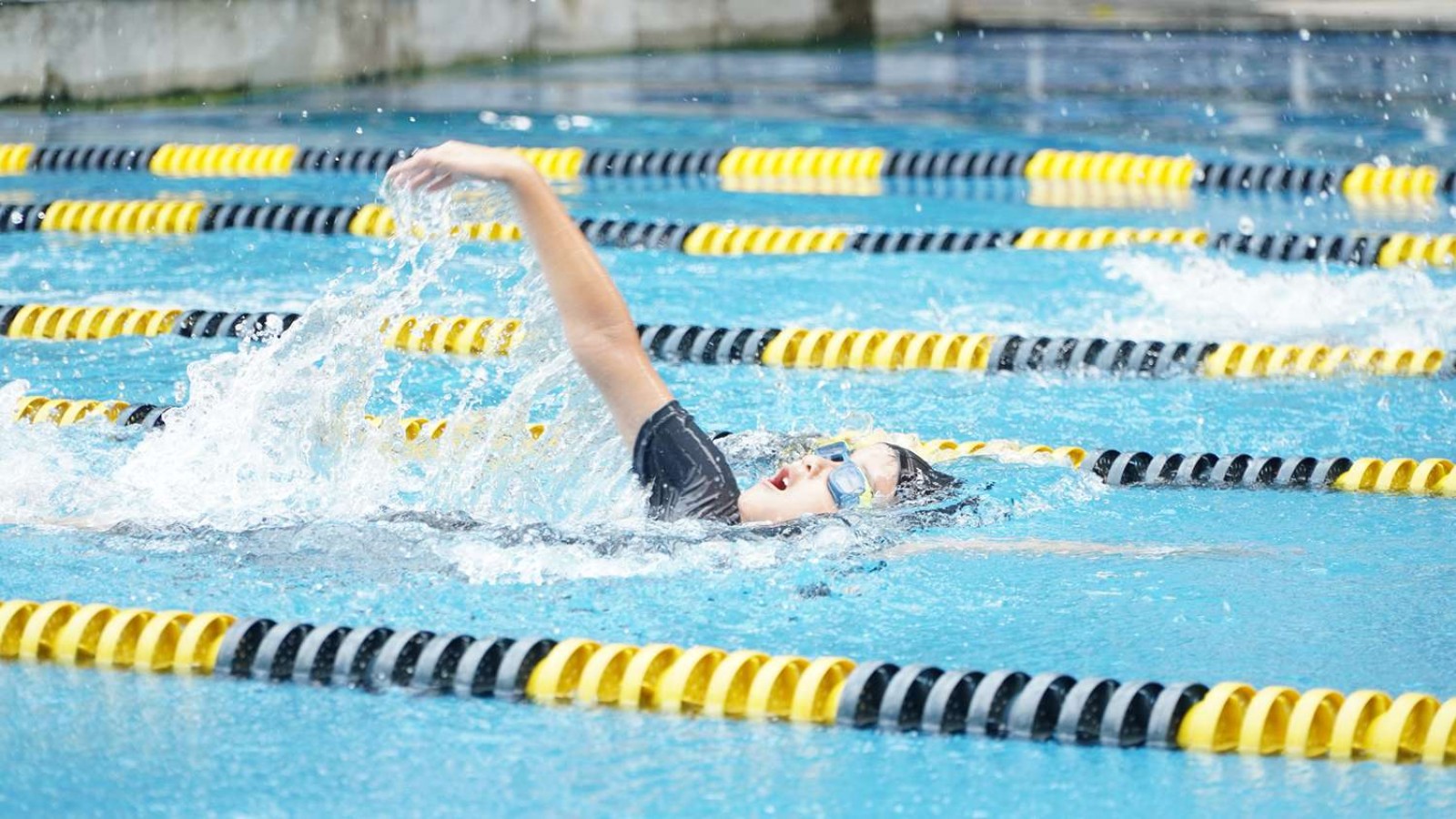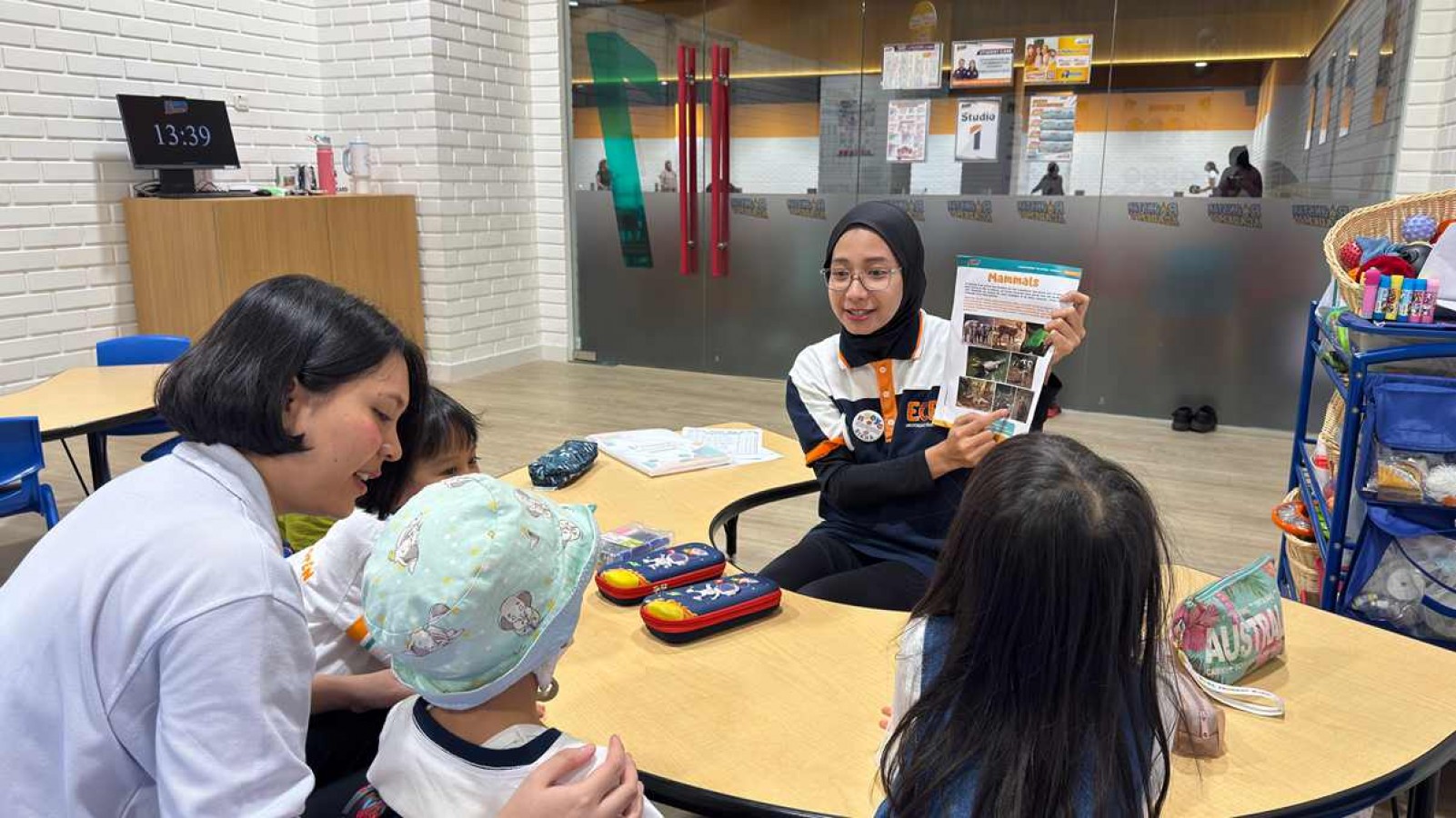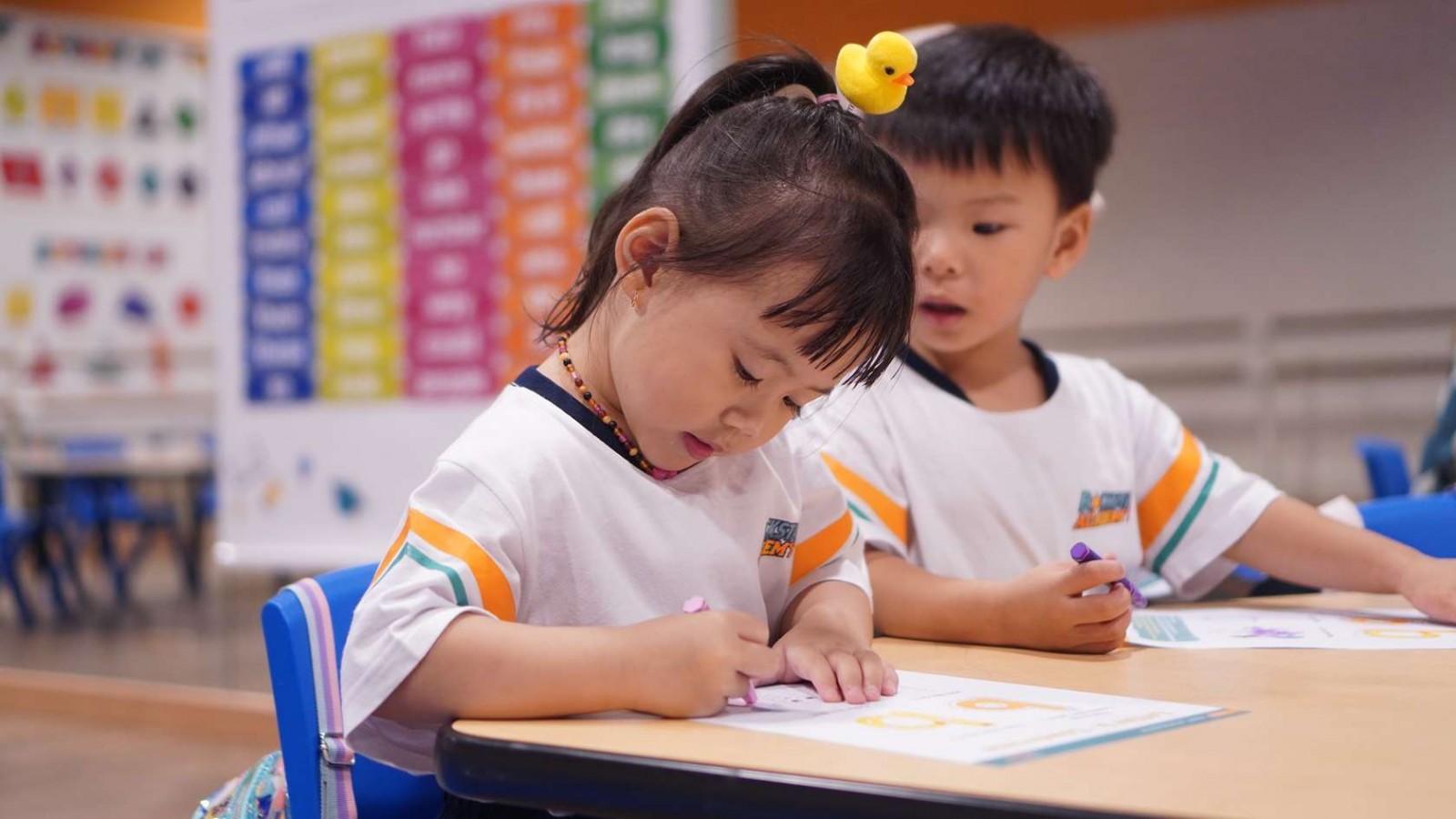Positive Behaviour: Simple Strategies to Teach Your Child Lifelong Habits

Parenting is a rollercoaster ride full of laughter, surprises, and sometimes mini meltdowns in the middle of the supermarket aisle. Every parent wants their child to grow into a kind, respectful, and responsible person. But teaching positive behaviour is not always easy. Let’s dive into what positive behaviour really is and how you can help your child build these life-shaping habits.
What Is Positive Behaviour?
Positive behaviour is more than just “being good.” It’s about the attitudes and actions that reflect kindness, responsibility, respect, and self-control. Think of it as the everyday choices kids make—like saying “please” and “thank you,” helping a sibling clean up, sharing toys, or calmly asking for help instead of yelling.
Some key examples of positive behaviour include:
- Respect: Listening to others and valuing their feelings.
- Responsibility: Taking care of personal belongings and finishing tasks.
- Empathy: Understanding how others feel and showing kindness.
- Honesty: Telling the truth, even when it’s hard.
- Self-control: Managing emotions and reactions appropriately.
The Age and Stage of Positive Behaviour
Children don’t magically wake up one day knowing how to be kind or responsible. Positive behaviour develops step by step, and it looks different at different ages.
A. Toddlers (1–3 years)
- Begin learning basic manners like saying “please” or “thank you.”
- Start practicing sharing, though it’s still tough at this stage.
- Imitate adult behaviours (both good and not-so-good).
B. Preschoolers (3–5 years)
- Understand rules better and begin to follow them consistently.
- Show empathy by comforting a crying friend or sharing a snack.
- Learn about consequences.
C. Early Elementary (6–8 years)
- Gain independence and pride in completing tasks (like homework or chores).
- Develop stronger problem-solving skills for conflicts.
- Understand fairness and why rules exist.
D. Preteens (9–12 years)
- Build more advanced social skills for children.
- Show responsibility by managing routines (like packing school bags).
- Experience peer influence.
E. Teens (13+ years)
- Take on greater independence with decision-making.
- Understand values, integrity, and accountability on a deeper level.
- Navigate complex emotions and peer pressure.
Every stage has its challenges and triumphs. The key is to guide, model, and celebrate progress rather than expecting flawless behaviour.
How to Encourage Positive Behaviour in Children
Encouragement gives children the energy and motivation to keep trying, even when learning something new feels tricky. When kids feel noticed and valued, they’re more likely to repeat those positive behaviours again and again.
The good news? You don’t need fancy tools or complicated methods. Small, everyday actions can make a big difference. Let’s break it down step by step.
1. Be a Role Model
Children are the best copy machines you’ll ever meet. They soak up the way you talk, react, and treat others. If you want your child to speak politely, manage frustration calmly, or show kindness, the first step is to demonstrate those behaviours yourself.
For example, instead of honking angrily in traffic, you might say, “That driver made a mistake. I’ll stay calm and give them space.” Your child learns that patience is more powerful than anger. When you hold the door open for someone or thank the cashier, your child sees respect in action.
2. Praise the Effort, Not Just the Result
Kids light up when they hear praise, but how you phrase it matters. If you only praise results (“You got an A!”), children might feel pressured to always succeed. But if you praise effort (“I love how carefully you studied for that test”), they learn that hard work and persistence are just as important as the outcome.
This type of encouragement also helps kids build resilience. If they know effort is valued, they’ll be less likely to give up when something feels tough.
3. Use Positive Reinforcement
Positive reinforcement is like giving a “bonus” for good behaviour. And no, it doesn’t have to mean expensive toys or sugary treats! Simple things—like a high-five, a big hug, or even an extra bedtime story—can be powerful rewards.
For younger kids, sticker charts work wonders. Each time they complete a task (like brushing their teeth without fuss), they earn a sticker. Once the chart is full, you can celebrate with something special, like a picnic in the park.
4. Set Clear Expectations
Vague rules confuse children. Saying “Be good” leaves them wondering: Does that mean I can’t run? Can I talk loudly? Clear, specific instructions give them a roadmap.
For example:
- Instead of “Be nice,” say: “Use gentle hands with your sister.”
- Instead of “Don’t make a mess,” say: “Please put your blocks back in the box when you’re done.”
5. Stay Consistent
Consistency is the glue that holds everything together. Imagine if one day bedtime is 8:00 p.m., the next day it’s 10:00 p.m., and the next day you skip it completely. Your child won’t know what to expect, and chaos follows.
By staying consistent, you create a sense of safety and stability. Children feel secure when they know what’s coming next. Consistency also teaches them that boundaries are real and not negotiable.
6. Give Choices
Children love feeling in control. Giving choices allows them to exercise independence while still staying within boundaries you set. The trick is to offer two acceptable options, so you’re still guiding the behaviour.
For example:
- “Do you want to wear the red shirt or the blue one today?”
- “Do you want to brush your teeth before or after putting on pajamas?”
Both answers are a win for you, but your child feels empowered. Choices teach decision-making skills and reduce power struggles.
7. Celebrate Small Wins
Sometimes we wait to celebrate the “big” things. But small wins are just as important! Sharing a crayon, saying “thank you” without a reminder, or helping clean up a spill—these deserve recognition, too.
When you say, “Wow, I noticed you held the door for Grandma. That was very kind,” your child feels proud and encouraged to repeat the behaviour. Celebrating small wins also shows kids that kindness and responsibility matter in everyday life—not just on “special occasions.”
How to Teach Positive Behaviours to Children
Teaching positive behaviour isn’t something you can achieve with a single lesson. It takes practice, patience, and plenty of support from you along the way. Here are several ways you can try to teach positive behaviour:
1. Teach Through Stories and Play
Children learn best when they’re having fun, which is why stories and play are such powerful teaching tools. Reading a book about kindness, honesty, or sharing can spark meaningful conversations and help children imagine how they might act in similar situations.
Even simple board games provide lessons in taking turns, fairness, and good sportsmanship. By weaving lessons into fun and play, children absorb positive behaviours naturally and enjoy the process of learning.
2. Practice Problem-Solving Together
Conflicts are bound to happen, whether it’s siblings fighting over toys or disagreements with friends. Instead of always stepping in and solving problems for your child, guide them through the process of finding solutions themselves.
For instance, if two children want the same toy, you might ask, “You both want it. What can we do so both of you are happy?” This encourages them to think, negotiate, and compromise, while also developing empathy and critical thinking. Over time, they’ll start solving conflicts on their own, building confidence and responsibility.
3. Teach Responsibility with Age-Appropriate Chores
Chores are opportunities to teach children responsibility and independence. The key is to assign chores that are suitable for their age. Toddlers can help by putting toys in a box, while preschoolers might water plants or feed a pet.
4. Encourage Empathy
Empathy is the heart of kindness, and it’s something children can learn with your guidance. Ask questions that prompt them to think about others’ feelings, such as, “How do you think your friend felt when you shared your snack?”
These gentle reminders help kids connect their actions with the emotions of those around them. Over time, this builds compassion and helps them grow into thoughtful, caring individuals.
5. Use Natural Consequences Wisely
Natural consequences can be powerful teachers when used thoughtfully. If a child forgets their homework, they may face the teacher’s reaction at school. If they leave their toy outside, it may get damaged. These real-life results teach responsibility more effectively than lectures.
6. Give Your Child the Chance to Succeed
Children thrive when they feel capable, so give them opportunities to succeed in small, everyday ways. Assign simple tasks they can accomplish, such as helping to stir pancake batter or placing napkins on the table.
This kind of encouragement builds their confidence and motivates them to keep trying. The more success they experience, the more they’ll want to repeat those positive behaviours.
7. Keep Your Sense of Humor
Finally, don’t underestimate the power of humor. Daily life with kids doesn’t always have to be serious; sometimes, silliness is the best way to encourage cooperation.
You can even sing goofy songs while brushing teeth or getting dressed. Humor lightens the mood, reduces stress, and makes positive behaviour feel like fun instead of a chore.
Still Need Help?
Raising children with positive behaviour is a rewarding journey that shapes who they will become in the future. But remember, you don’t have to do it alone.
To help you out, enrolling in Preschool & Kindergarten at Rockstar Academy is the perfect place to start. As the Best Sports & Performing Arts Academy, your child won’t just experience fun learning in the classroom, but also explore various physical activities, events, and competitions designed for different ages, skill levels, and interests.
Our Preschool & Kindergarten also give young students the opportunity to participate in the Elite Championships, helping them experience the excitement of competition from an early age.
These opportunities are vital stepping stones for your child to grow academically, socially, and emotionally. What makes Rockstar Academy even more special is how seamlessly academics and physical activities are combined.
And the best part? You can try a free trial class before enrolling, so both you and your child can experience the Rockstar spirit firsthand. With the right support and environment, teaching positive behaviour becomes a natural and exciting journey for your child’s future.
FAQ
At what age should I start teaching positive behaviour?
You can start as early as toddlerhood! Even a 1-year-old can learn simple habits like waving “bye-bye” or using gentle hands. The earlier you start, the easier it becomes to build on those lessons.
What if my child doesn’t listen?
Don’t worry, this is normal. Stay calm, be consistent, and keep expectations clear. Sometimes children need time (and repeated practice) to understand and follow through.
How can I discipline without being harsh?
Focus on teaching, not punishing. Use positive reinforcement, natural consequences, and gentle redirection instead of yelling or spanking.



